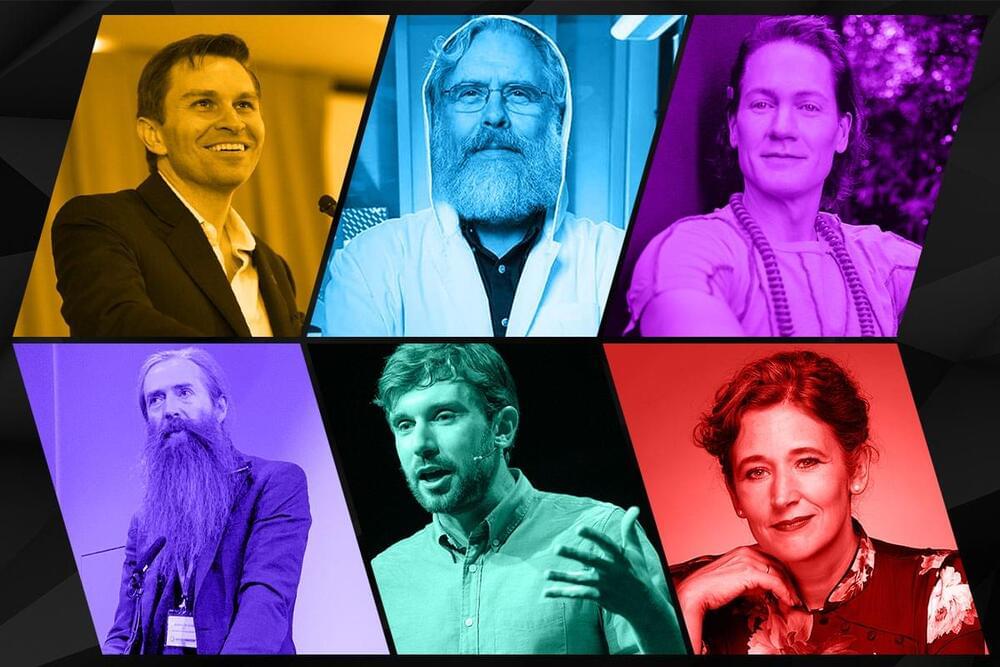The Shanghai-based company plans to begin mass production of its GR-1 robot by end of 2023 and deliver thousands of units next yearFourier hopes to collaborate with major AI companies to work on the ‘brain’ of its bipedal robot.
When Fourier Intelligence unveiled its lanky, jet-black humanoid robot GR-1 at the World Artificial Intelligence Conference (WAIC) in Shanghai in July, it instantly stole the show.
While the global technology community has been fixated on artificial intelligence (AI) software since the launch of OpenAI’s ChatGPT in November, the Chinese-made GR-1 – said to be capable of walking on two legs at a speed of 5km an hour while carrying a 50kg load – reminded people of the… More.
The CEO of Fourier Intelligence discusses his plans and vision for the GR-1 humanoid robot, which stole the show at the World Artificial Intelligence Conference in Shanghai last month.









